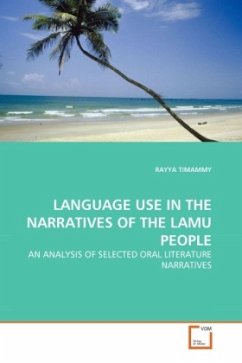
THE ACQUISITION OF SYNTAX AND DISCOURSE
Pronominals and Word Order in English and Greek Learners of Spanish
Versandkostenfrei!
Versandfertig in 6-10 Tagen
52,99 €
inkl. MwSt.

PAYBACK Punkte
26 °P sammeln!
This book investigates the acquisition of syntacticand discursive properties by adult learners ofnon-native Spanish. In particular, two properties ofthe pro-drop parameter are explored: overt and nullpronominal subjects and unaccusative subject-verbinversion. These two properties are constrained bysyntactic (formal) properties of Universal Grammar(UG) and, at the same time, by language-specificdiscursive properties (topic and focus). The studyargues that formal and syntactic properties which areconstrained by UG are acquired earlier thandiscursive properties, which pose persistent problemsfor ...
This book investigates the acquisition of syntactic
and discursive properties by adult learners of
non-native Spanish. In particular, two properties of
the pro-drop parameter are explored: overt and null
pronominal subjects and unaccusative subject-verb
inversion. These two properties are constrained by
syntactic (formal) properties of Universal Grammar
(UG) and, at the same time, by language-specific
discursive properties (topic and focus). The study
argues that formal and syntactic properties which are
constrained by UG are acquired earlier than
discursive properties, which pose persistent problems
for learners. Results from experiments on pronominal
subjects and word order confirm that both English and
Greek advanced learners of non-native Spanish show
convergent (native-like) intuitions with respect to
the syntactic and formal principles of UG, while
showing divergent and optional intuitions with
language-specific discursive properties (information
structure: topic and focus).
and discursive properties by adult learners of
non-native Spanish. In particular, two properties of
the pro-drop parameter are explored: overt and null
pronominal subjects and unaccusative subject-verb
inversion. These two properties are constrained by
syntactic (formal) properties of Universal Grammar
(UG) and, at the same time, by language-specific
discursive properties (topic and focus). The study
argues that formal and syntactic properties which are
constrained by UG are acquired earlier than
discursive properties, which pose persistent problems
for learners. Results from experiments on pronominal
subjects and word order confirm that both English and
Greek advanced learners of non-native Spanish show
convergent (native-like) intuitions with respect to
the syntactic and formal principles of UG, while
showing divergent and optional intuitions with
language-specific discursive properties (information
structure: topic and focus).



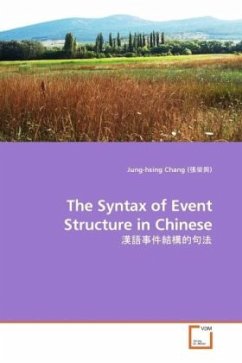
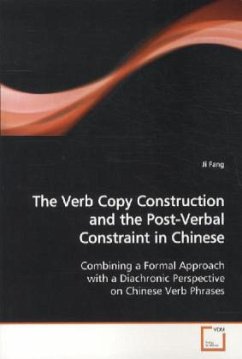


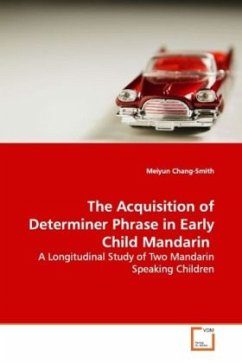
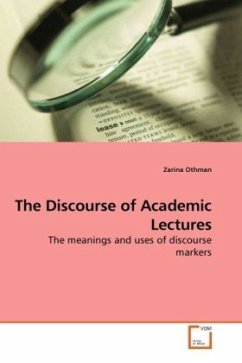
![The Acquisition of English Soun[dz] by Native Japanese Speakers Cover The Acquisition of English Soun[dz] by Native Japanese Speakers](https://bilder.buecher.de/produkte/25/25576/25576320n.jpg)
